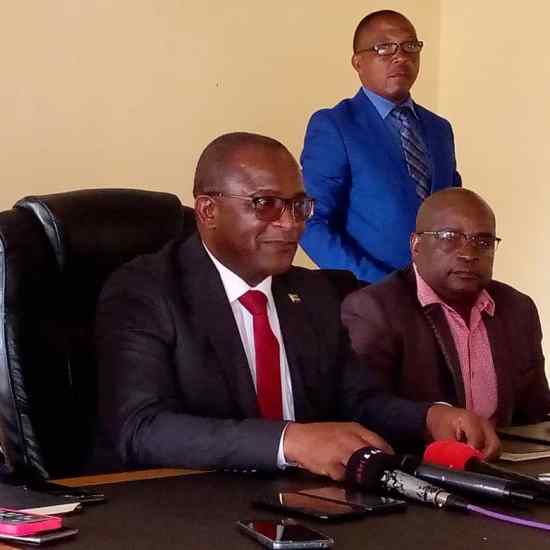
A recent Afrobarometer survey indicated that young Zimbabweans are less likely to register to vote than their elders ahead of the 2023 harmonised elections.
According to the survey large majorities of Zimbabweans say they are registered to vote and intend to cast their ballots in the elections.
“But young citizens are considerably less likely than their elders to report being registered, and only slightly more than half of 18- to 35-year-olds say they will probably or definitely vote. As reported by citizens, both registration rates and intention to vote also vary considerably by province.
“Among respondents who are registered to vote, a resounding majority say they will probably or definitely cast their votes in the upcoming elections. Nearly seven in 10 Zimbabwean adults (68%) say they are registered to vote in the 2023 elections. In addition, one-quarter (24%) say they intend to register, while 6% say they do not.
“The middle-aged (83% of those aged 36-55 years) are more likely to be registered than either their younger counterparts (54% of those aged 18-35 years) or the older generation (72% of those aged 56 years or more). Slightly more women (70%) than men (66%) say they are registered to vote,” the report says
The survey states that of all the country’s provinces Mashonaland Central has the largest percentage of registered adults.
“Mashonaland Central has a larger proportion of registered adults (89%) than any other province. Looking at those who are not registered to vote, more than half of Masvingo (58%) and Bulawayo/Mat North/Mat South (53%) residents fall into this category. Rural residents (32%) are more likely to report not having registered to vote than their urban counterparts (25%), as are the youth (41%) compared to the middle-aged (17%) and the elderly (27%).
“Economically better-off citizens (38%) are more likely to report being unregistered to vote than those experiencing moderate lived poverty (29%) or high lived poverty (22%). While only 17% of citizens with post-secondary education report being unregistered to vote, about twice as many of those with primary or no formal education (36%) or with secondary schooling (33%) say the same,” found the survey
The report adds “Two-thirds (67%) of citizens say they will “definitely” vote in the 2023 harmonised elections. In addition, 19% say they will “probably” vote, and 7% they may or may not do so, while the rest say they will “probably” (2%) or “definitely” (5%) not vote
“Midlands (80%) and Masvingo (78%) have the largest shares of “definite” voters, while the smallest proportion is recorded in Bulawayo/Mat North/Mat South (57%). The poorest citizens (75%) are more likely to say they will vote than their better-off counterparts (59%-66%). Young respondents (52%) are considerably less likely to indicate an intention to vote than their elders (77%-80%). Overwhelming majorities of citizens who say they are registered (97%) or intend to register (86%) say they will probably/definitely vote.”








